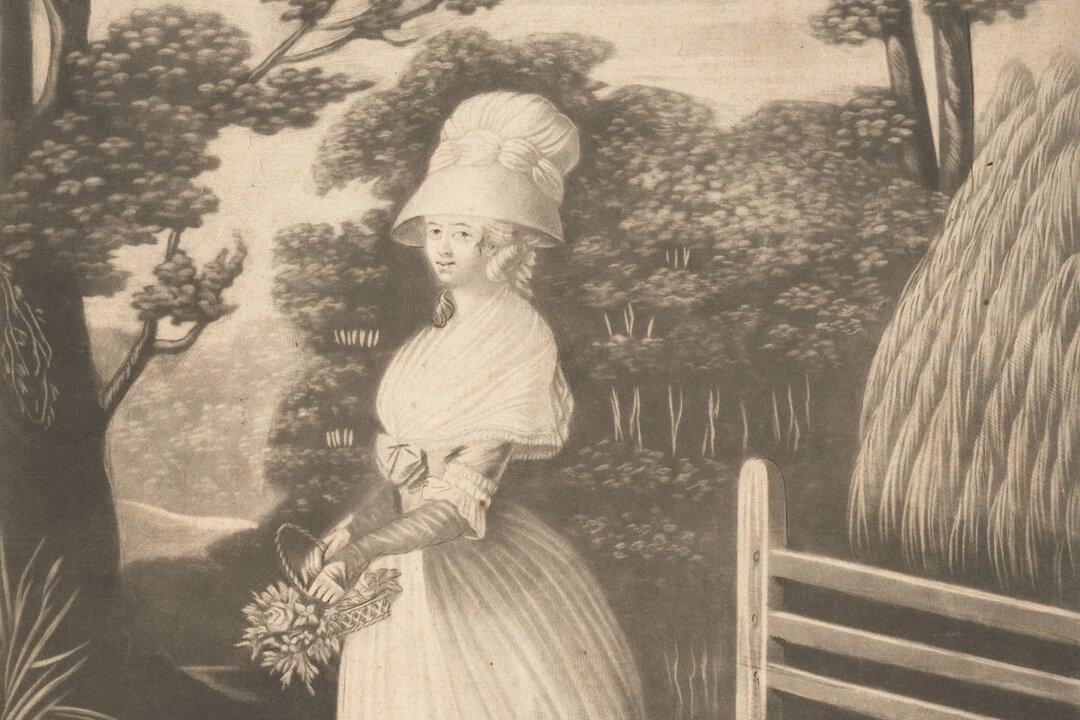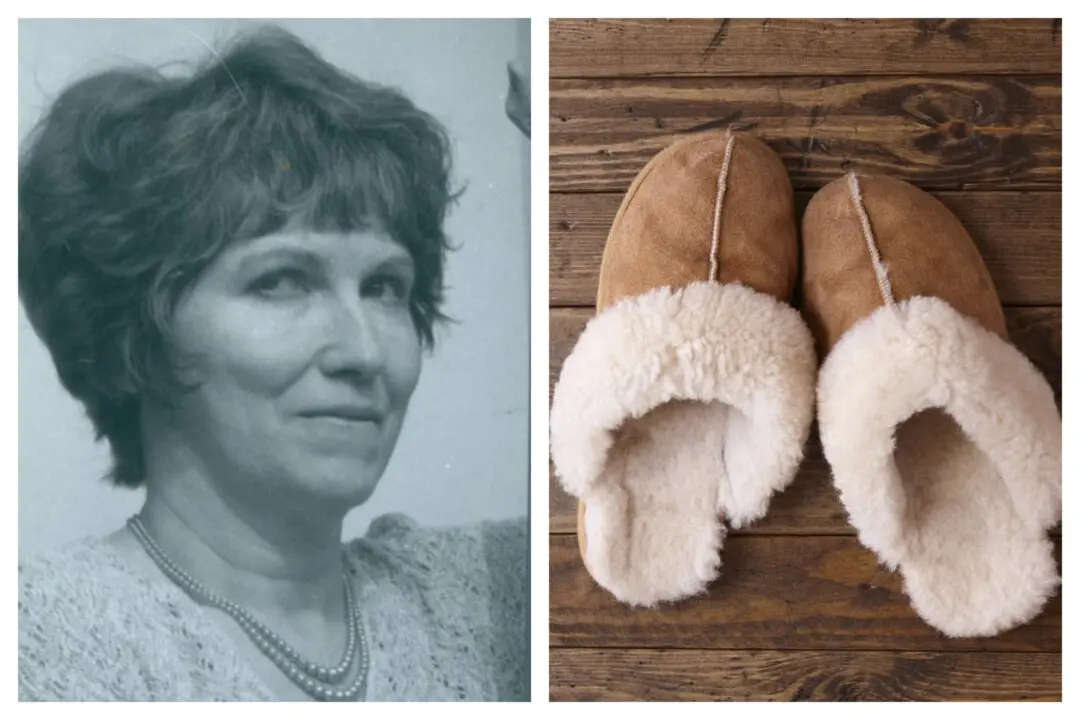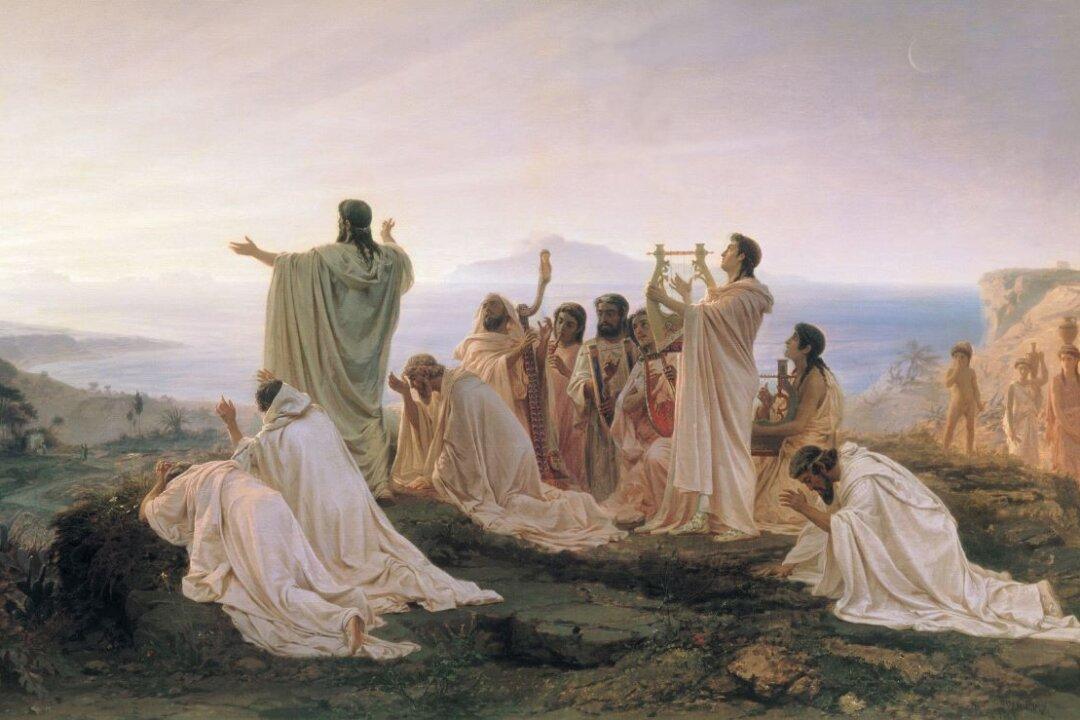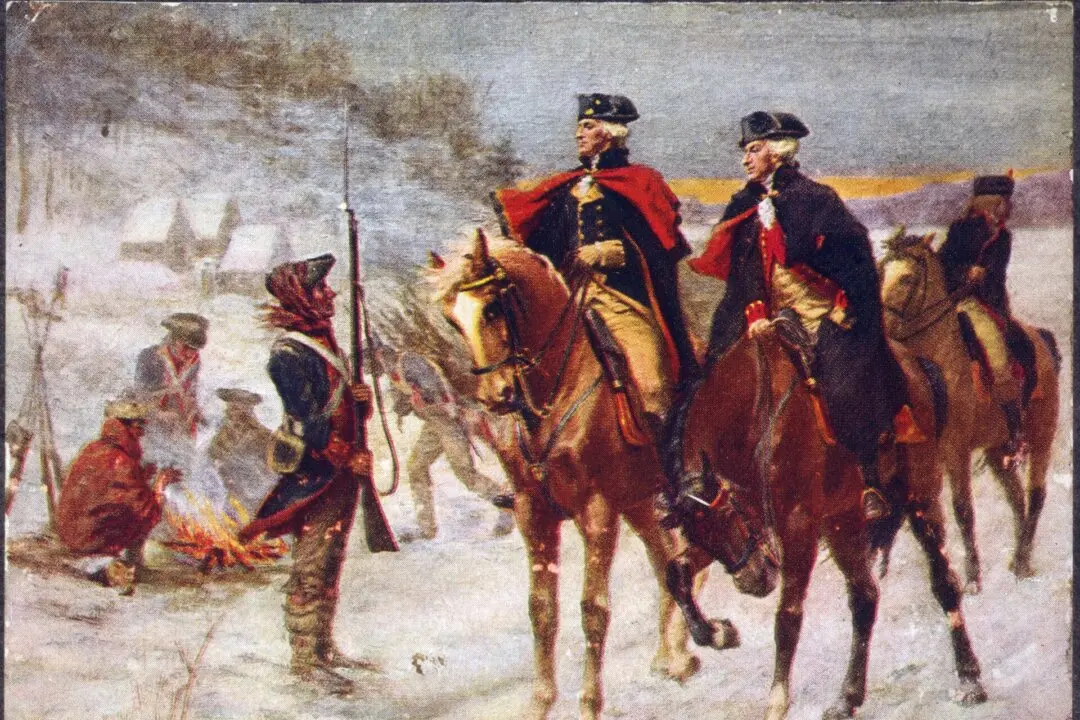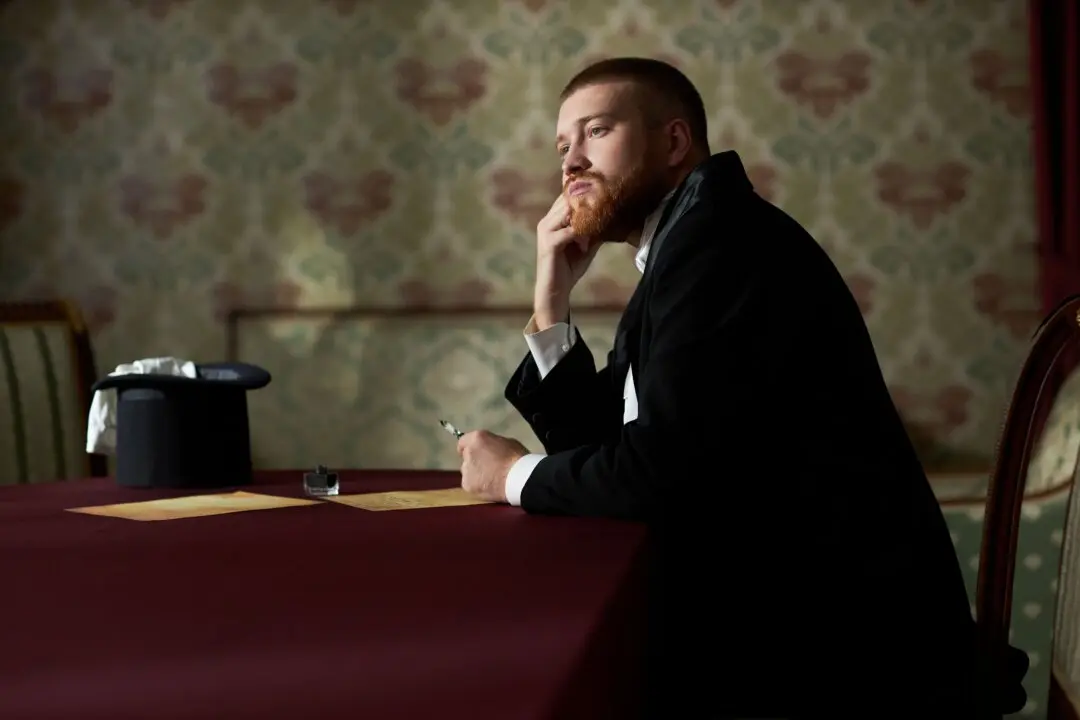From our present perspective, we tend to see the inventions that followed the industrial revolution as much more impressive than those that came before it. But while the automobile, the plane, and the computer are impossible to ignore—“big” inventions (which often have nothing to do with literal size), there’s something to be said for inventions that make life a little easier without radically altering the way people live. Sybilla Masters, the first person to receive a British patent in Colonial America, was one of many who made such a contribution.
A Mysterious Upbringing
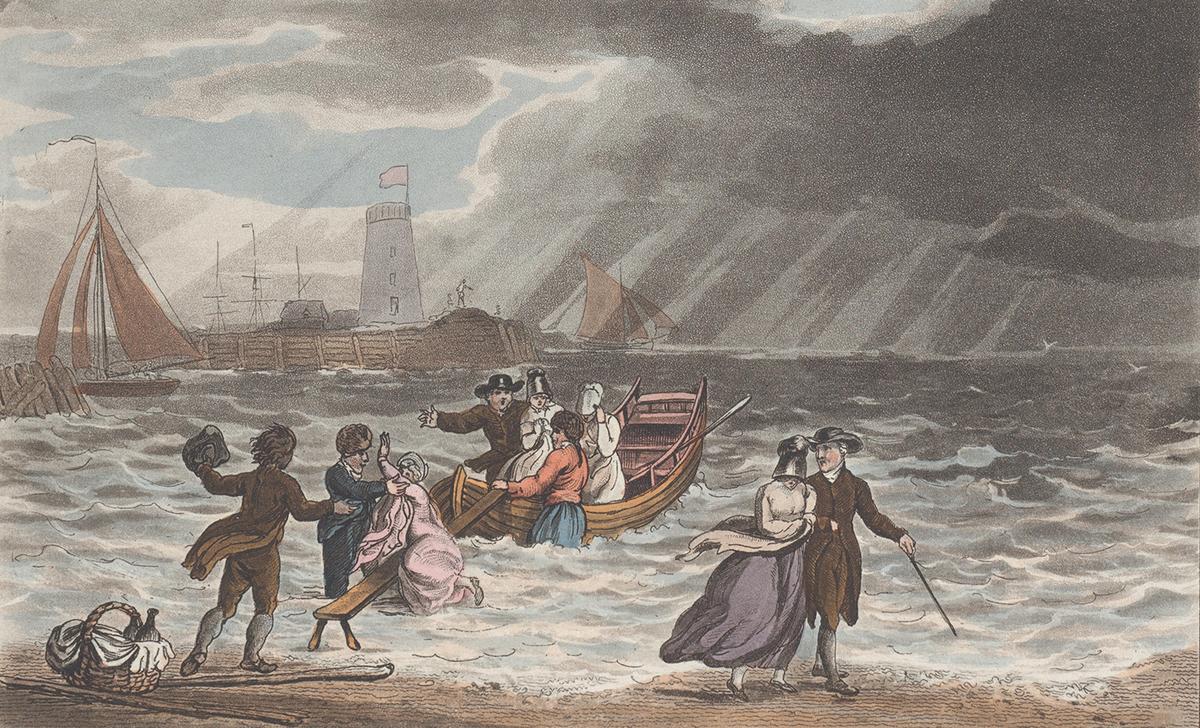
A colored etching of "Wet Quakers," 1813, by Thomas Rowlandson after James Green. The Metropolitan Museum of Art, New York City. Public Domain

